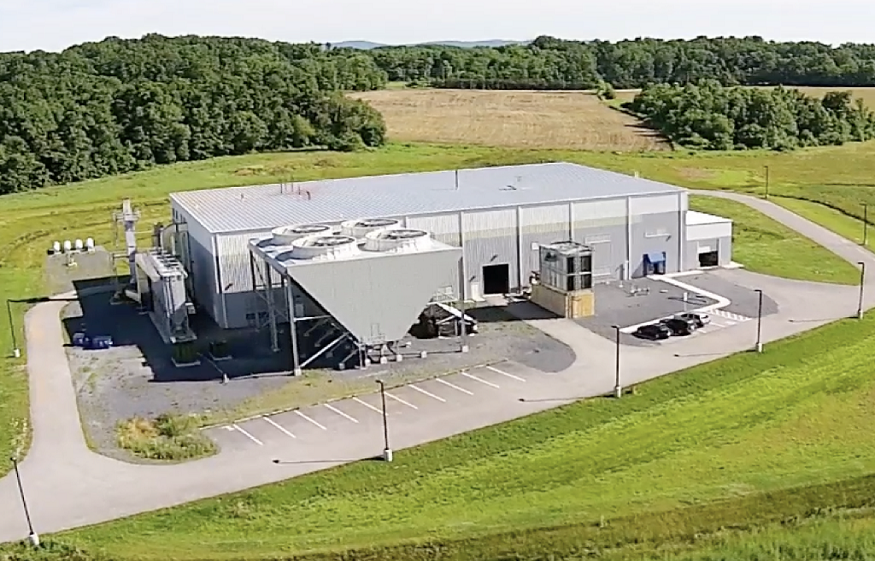Hillandale Farms Pennsylvania Sheds Light Upon Sustainability in Egg Farming
3 min read
To meet the growing nutrient requirements of the rapidly expanding global population, food systems need to improve their efficiencies. However, while increasing food production, farmers cannot afford to ignore the aspect of environmental sustainability, especially as the threats associated with climate change become bigger. New technologies and husbandry methods are used by farmers today to smartly utilize and preserve finite resources such as land, water, and energy. Egg farmers in the United States, like Hillandale Farms Pennsylvania, are especially dedicated to ensuring further improvements in efficiency and waste reduction while providing an affordable source of high-quality protein to the people of the country.
Hillandale Farms Pennsylvania provides a general insight into sustainability in egg farming
For most consumers, the perception of “sustainability” is largely environment focused. For them, sustainability implies to farmers engaging eco-friendly agricultural practices and making choices that limit the negative impact on the environment, so that there are enough natural resources available to produce food for future generations. However, in reality, sustainability in farming goes way beyond that. It involves growing enough food to feed everyone, protecting both people and animals under the care of the farm, meeting future and present food needs while leaving a minimal footprint, and more. Even using new-age technologies that keep the business going is a part of sustainability.
The egg industry in the United States has evolved majorly over the last couple of decades by incorporating new technologies to protect natural resources. Egg farmers have explored multiple innovations to improve their production practices, so as to provide an affordable source of high-quality protein to the consumers while using fewer resources and producing less waste. They have improved hen feed, ensures better disease control, implemented advancements in hen housing systems, leveraged natural resources, and more.
Owing to improvements in hen housing and manure management, as well as increased feed efficiency, egg farms now consume less water and energy on a daily basis. They also release lower amount of polluting emissions. Introducing efficient practices in each and every aspect of the egg production process, starting from cultivating feed to raising the laying hens, has led to a lower environmental footprint.
Discerning advancements in hen housing also help ensure that hens are protected from disease-carrying wildlife. These advancements include improved building ventilation, temperature control, a more secure housing environment, and better lighting. Such techniques are widely adopted by egg farmers across the nation, paving way for healthier hens with a lower mortality and greater rate of egg production. Moreover, advancements in the domain of preventative medicine have also helped eliminate avian diseases to a good extent.
Manure management is another factor that has played an important role in minimizing the environmental footprint of the egg industry. A large majority of manure from laying hens is recycled into crop production, thereby offering nutrients for plants, ensuring better soil health, and reducing commercial fertilizer use. Hillandale Farms Pennsylvania, one of the top egg producers in the United States, makes use of an in-house composting method in their high-rise layer houses to produce drier and lighter compost that can be broadcast spread. This method also enhances pest control, reducing the potential for flies surrounding the compost, and provides an added benefit of major reductions in the use of fly control products.








